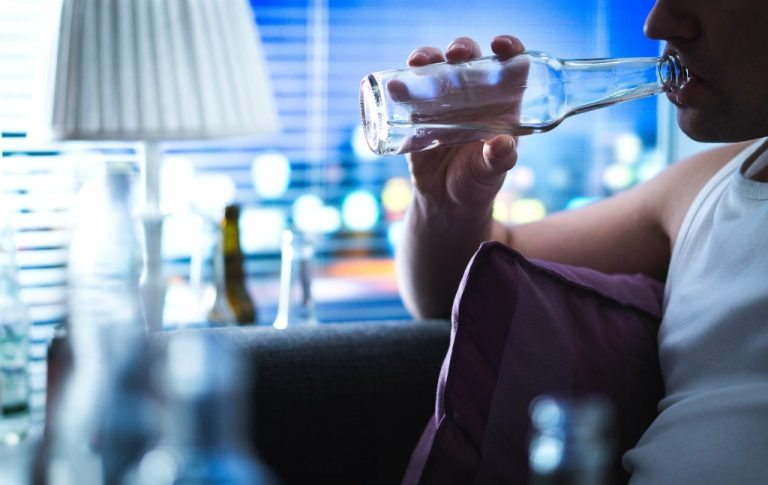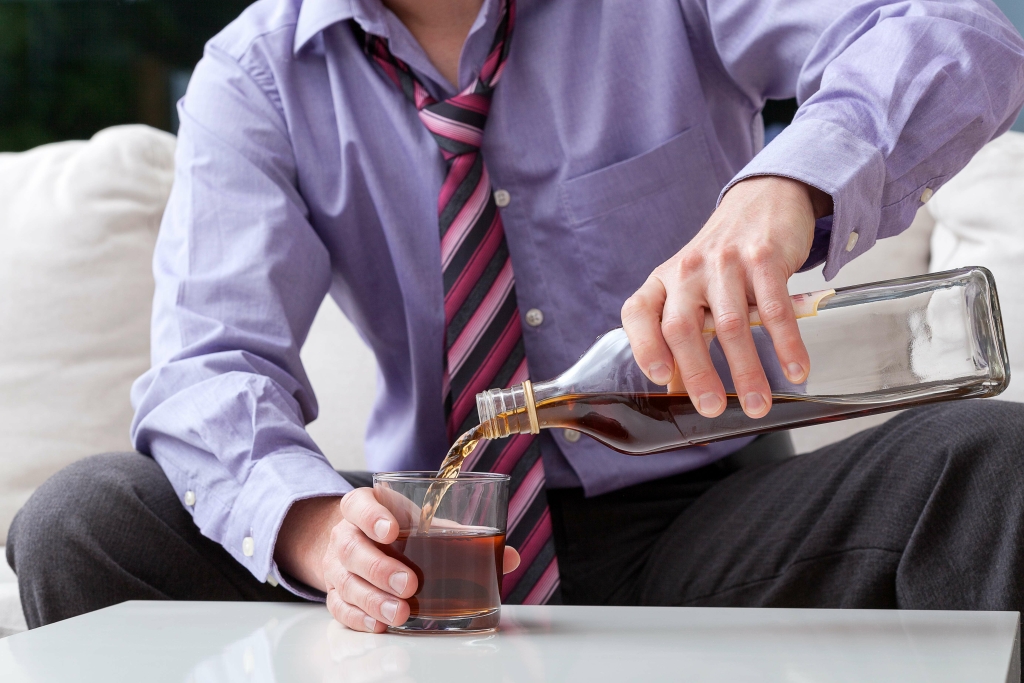Empathy can decrease tension and improve interactions, reducing the chances of hostile encounters. Now that drunk aggression we know what alcoholic rage syndrome is, can we do anything about it? In other words, can we make our inner “Sammy” or “Jimmy” (or whatever name your boozy alter-ego might have) stay away for good? Not necessarily, studies show that while alcohol and aggression do, indeed, share a neurological link, not everyone gets aggressive after having a few too many. As with any substance, each individual responds in different ways, but anger or aggression may be the predominant response for some people.
This chemical disruption is one of the core neurobiological factors behind alcohol-related anger. It’s not a reflection of your character; it’s a chemical reaction that makes your brain more susceptible to angry outbursts. Understanding this can help you see these moments with more compassion and clarity. The co-treatment of alcohol recovery and anger management can be a very individualized process that may change according to your needs. Your treatment will depend on the role alcohol plays in your life and how present anger is during your everyday lived experience. Anger can lead to aggression and hostility, but they aren’t the same.
- There is a clear link between alcohol consumption and increased aggression levels.
- Do you feel a pit in your stomach when a certain topic comes up?
- Lack of emotional support, social isolation, disengagement from recovery programs, and not treating co-occurring disorders can contribute to dry drunk syndrome.
- Groups like Al-Anon or Al-Teen are available to help support people who have been affected by a loved one’s alcoholism.
Living with someone whose anger worsens after drinking? You’re not alone—get support to protect your peace.
So, someone may not be able to grasp the bigger picture of a situation. Instead, they may zoom in on a particularly small thing and have an overly aggressive response (2). Alcohol’s ability to temporarily reduce anxiety can also intensify the urge to act on impulse. If you’re less worried about what others will think, or of any consequences, you could be more likely to have a strong reaction when something upsets you (2). Alcohol causes changes in the prefrontal cortex (PFC), leading to disinhibition.
Alcohol and Anger: A Dangerous Combination
And recording your alcohol consumption may help you to hold yourself accountable if you plan to cut back. Taking notes on your drinking patterns, amounts consumed, triggers, and emotional responses can aid in gaining better control. For those prone to irritability, drinking magnifies rage and impulsivity. Others may drink quietly until passing out, showing little aggression. The difference often lies in underlying anger management issues that exist even when sober.
What Our Patients Say: Stories of Hope and Recovery
- Anger management therapy is one of the best options available for helping you understand your emotions and find effective ways to cope with them.
- Additionally, this information should also be taught in schools to expand their understanding and hopefully reduce the prevalence of alcohol-related aggression.
- Hostility, on the other hand, encompasses a more general disposition of antagonism or animosity.
It means learning how to approach your anger in a way that serves you and your recovery. Oftentimes, when talking about anger management, healing is also https://gymshopcol.com/web/2020/11/18/alcohol-and-drug-use-services-nyc-health/ about setting boundaries and learning self-compassion. At Altruism Counseling, we use cognitive behavioral therapy in Lexington KY to help clients build emotional regulation skills.

In many cases, individuals with underlying anger issues may turn to alcohol as a means of coping with or suppressing their intense emotions. The temporary relief and disinhibition provided by alcohol can provide a false sense of control, only to lead to more intense anger outbursts and a deepening of the problem. Understanding why alcoholics get angry when confronted is just one piece of the puzzle. The journey to recovery involves addressing the complex interplay of biological, psychological, and social factors that contribute to both alcohol abuse and anger issues. Instigating factors normatively produce an urge to behave aggressively (e.g., provocation).
Triggers such as losing your patience, injustice, and feeling under-appreciated can all spur anger feelings. Also, feelings of grief or memories of traumatic experiences can trigger it. But with each step, the trees thin out, the light gets brighter, and the way forward becomes clearer. It’s a path worth taking, not just for the person struggling with alcohol, but for everyone who loves them. Sometimes, in an effort to keep the peace, loved ones might inadvertently make it easier for the person to keep drinking.

Aggression is a behavior that involves harmful actions or intentions toward others or oneself. It can be physical, verbal, or emotional and is often the result of unregulated anger. While anger is an internal feeling, aggression is the outward expression of that emotion. Understanding the difference helps in managing emotions in a healthy way, preventing harmful behaviors.
If a health professional has diagnosed you with anger management problems, you may find these get worse when you drink. Alongside quitting alcohol, you could benefit from attending an anger management support group. Typically, support groups have professional leaders, like social workers or psychologists, so you can ensure you’re getting expert advice. There are several risk factors, all of which impact people differently.
Anger is a normal human emotion that we all feel at times and for different reasons. It can even be productive because it tells us we need to address some things that aren’t going well in our lives. However, it becomes a problem when we express it in harmful ways. Ria Health offers several FDA-approved medications for alcohol use disorder.
Dr. Carlos Todd PhD LCMHC specializes in anger management, family conflict resolution, marital and premarital conflict resolution. His extensive knowledge in the field of anger management may enable you to use his tested methods to deal with your anger issues. Integrating therapy, robust support systems and personalized coping strategies is paramount to fostering sustainable progress towards emotional equilibrium.
This means that alcohol not only impacts decision-making, but it also distorts a person’s sense of judgment to make wise decisions. Alcohol Halfway house overuse or misuse can lead individuals to do or say things they would never even consider had alcohol not been in the equation. Read further to understand the potential correlation between alcohol and bouts of rage and how to get help if needed. In some cases, medication may be recommended to help manage both conditions. While not a cure-all, certain medications can help stabilize mood and reduce cravings, creating a more solid foundation for recovery. In some cases, medication may be utilized as adjunctive treatment to address co-occurring symptoms such as mood instability or alcohol withdrawal.


